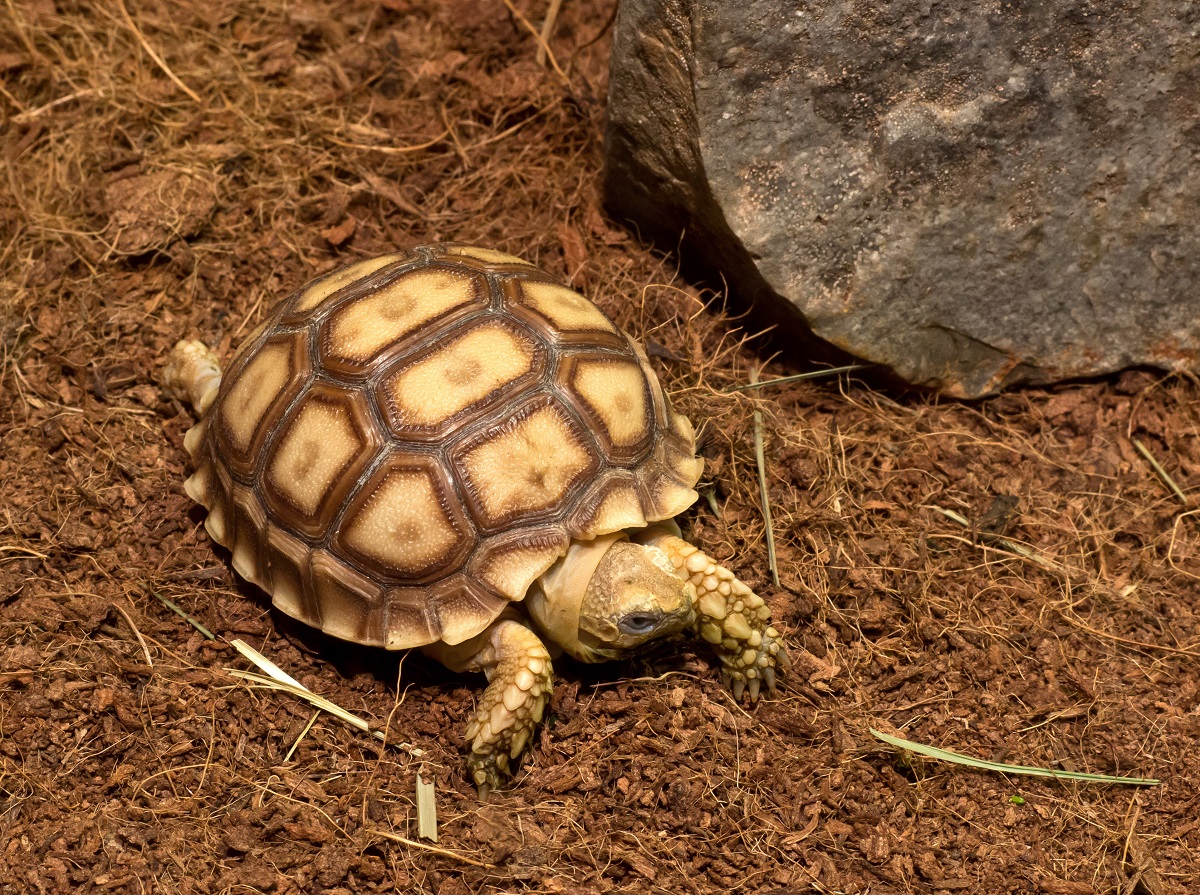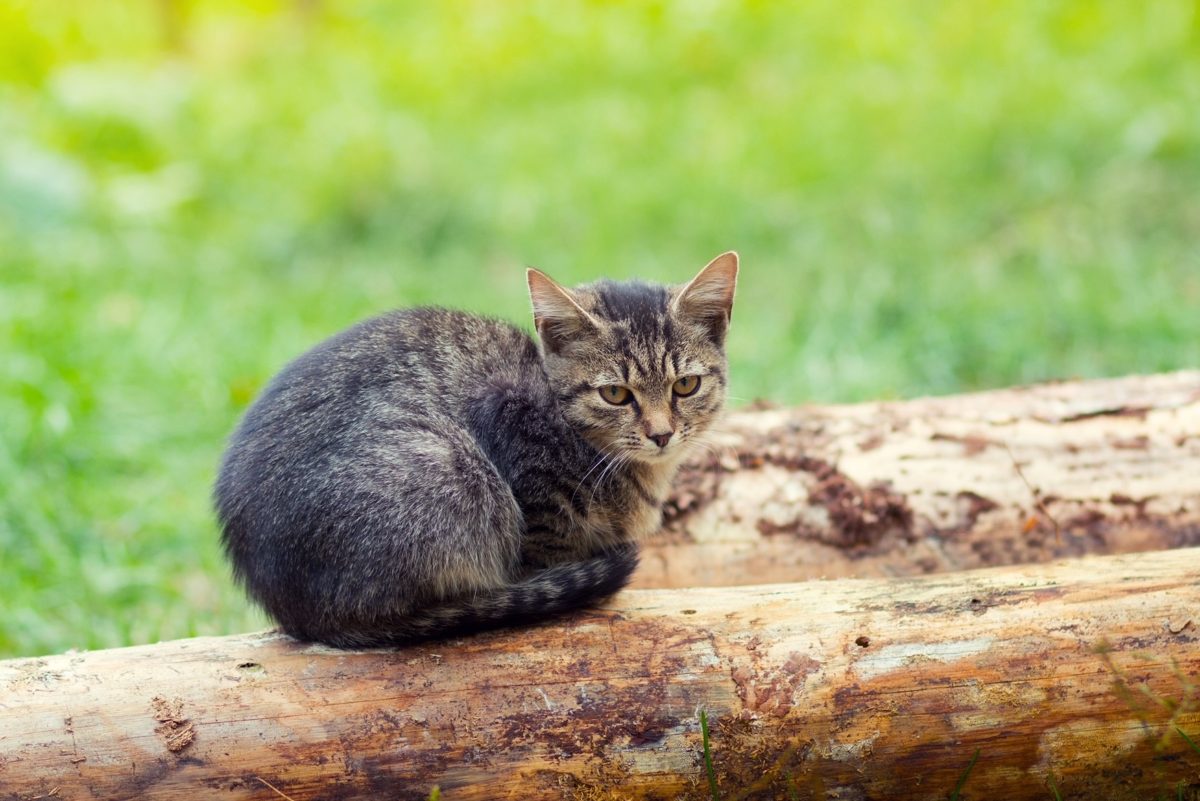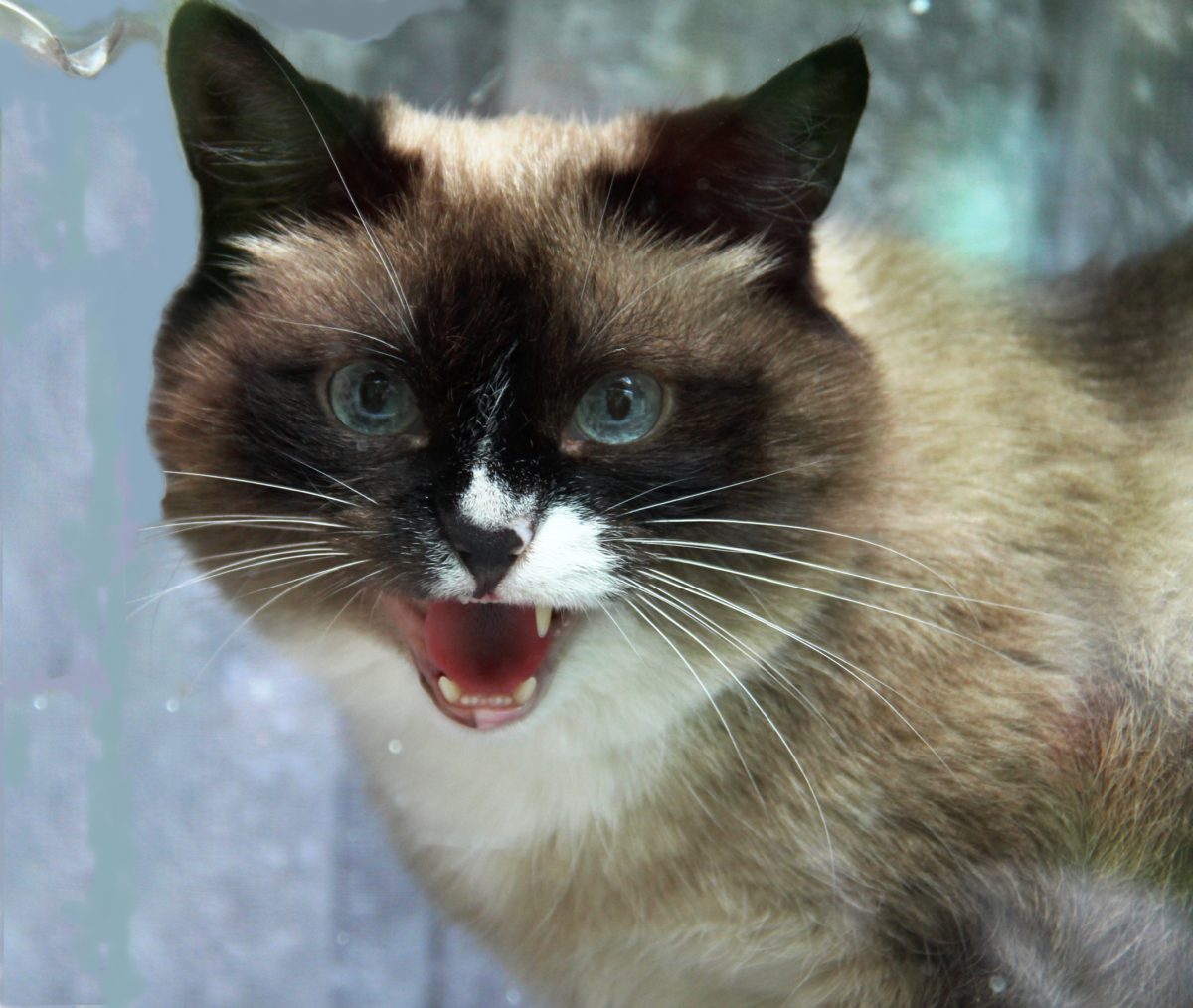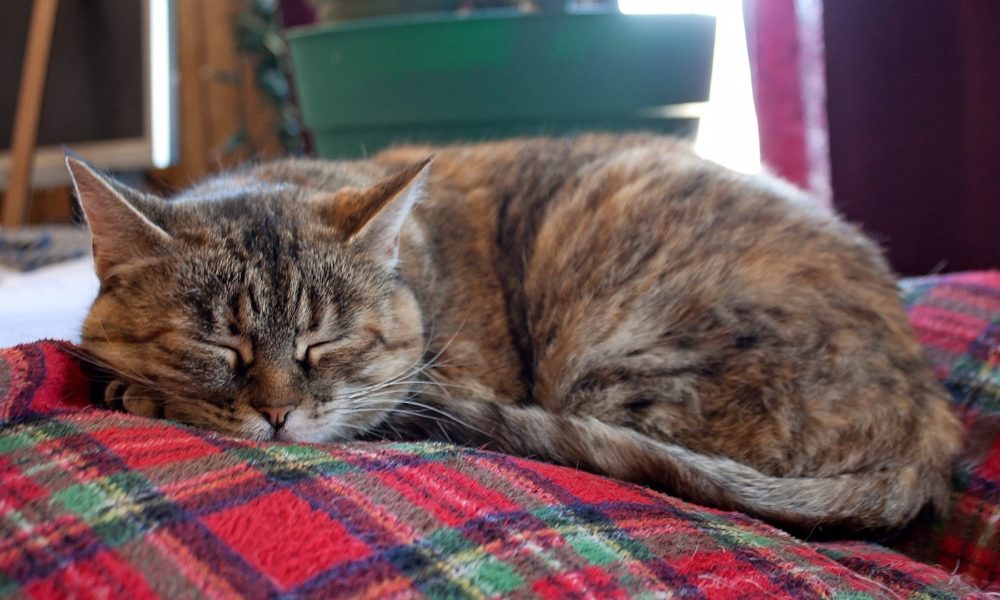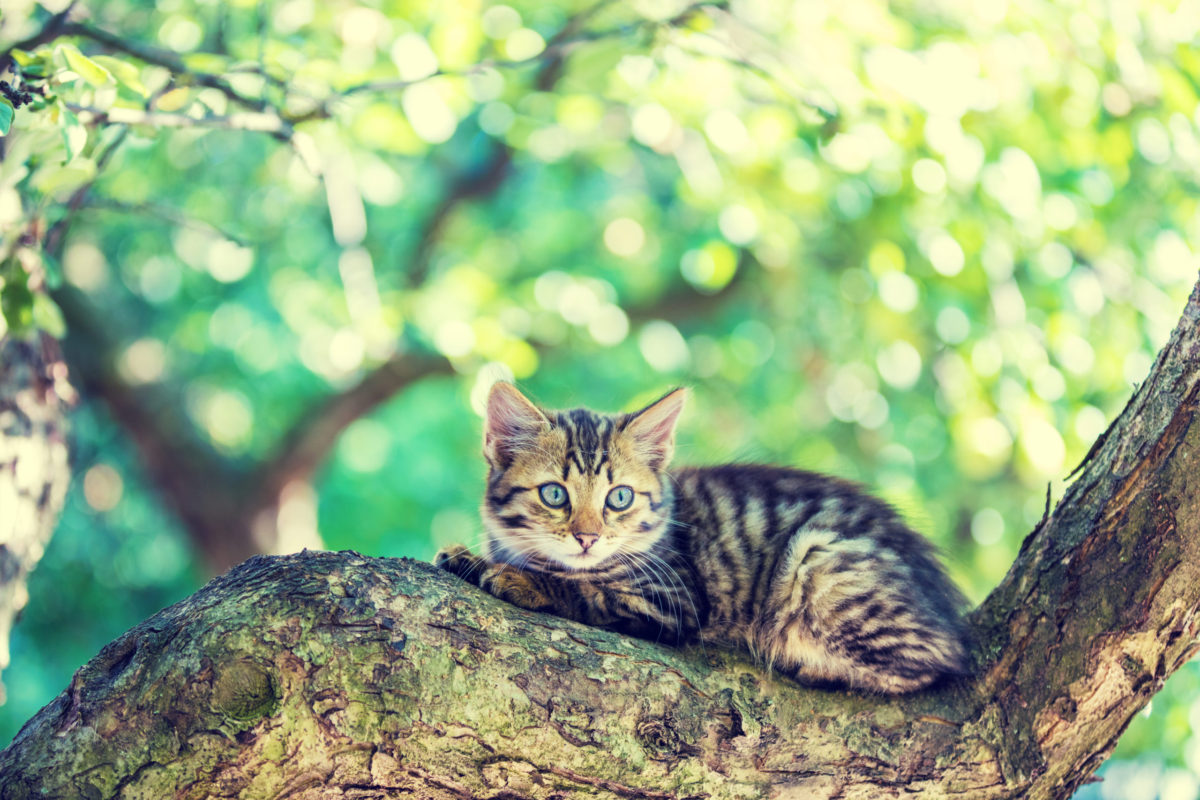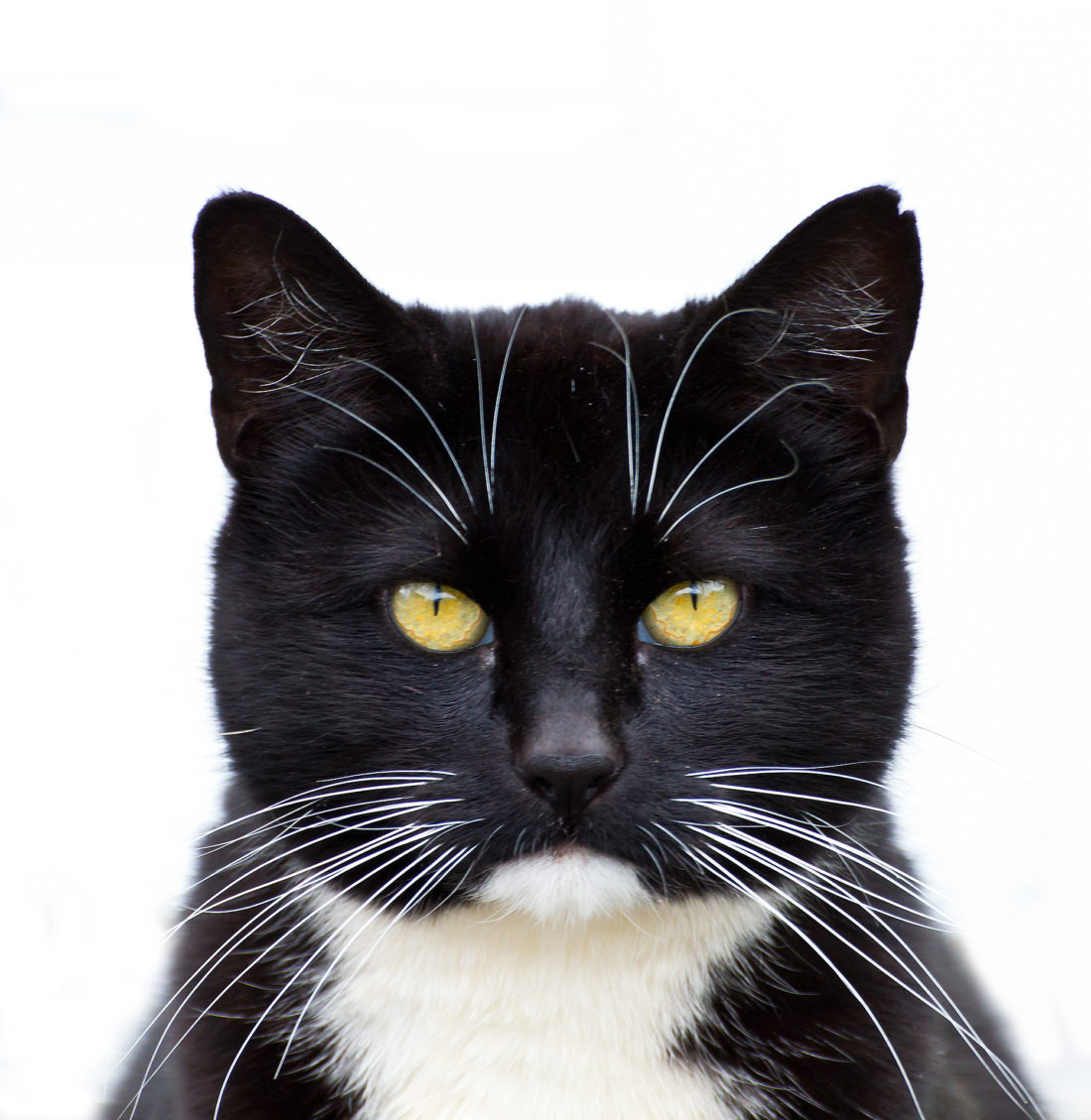
What is a Tomcat? And 9 other Tomcat questions answered
What is a Tomcat?
A tomcat is a domesticated male cat. Specifically, they are sexually active adult male cats that have not been neutered. Because of this, they will roam in search of a female cat in heat. They will not hesitate to encroach on another male’s territory to seek a female to mate with. They will also not hesitate to fight if needed, to win the attention of a female.
The name ‘Tom’ is believed to have been associated with young male kittens as far back as the 1300’s. But the term ‘Tomcat’ became widely used and recognised from 1760 onwards. It stems from a cat character in a 1760’s anonymous book called ‘The Life and Adventures of a Cat’. The main character was a philandering male cat called Tom who successfully courted many females. This popular book led to people calling male cats ‘Toms’. Before this book male cats were often called ‘Rams’ or ‘Boars’.
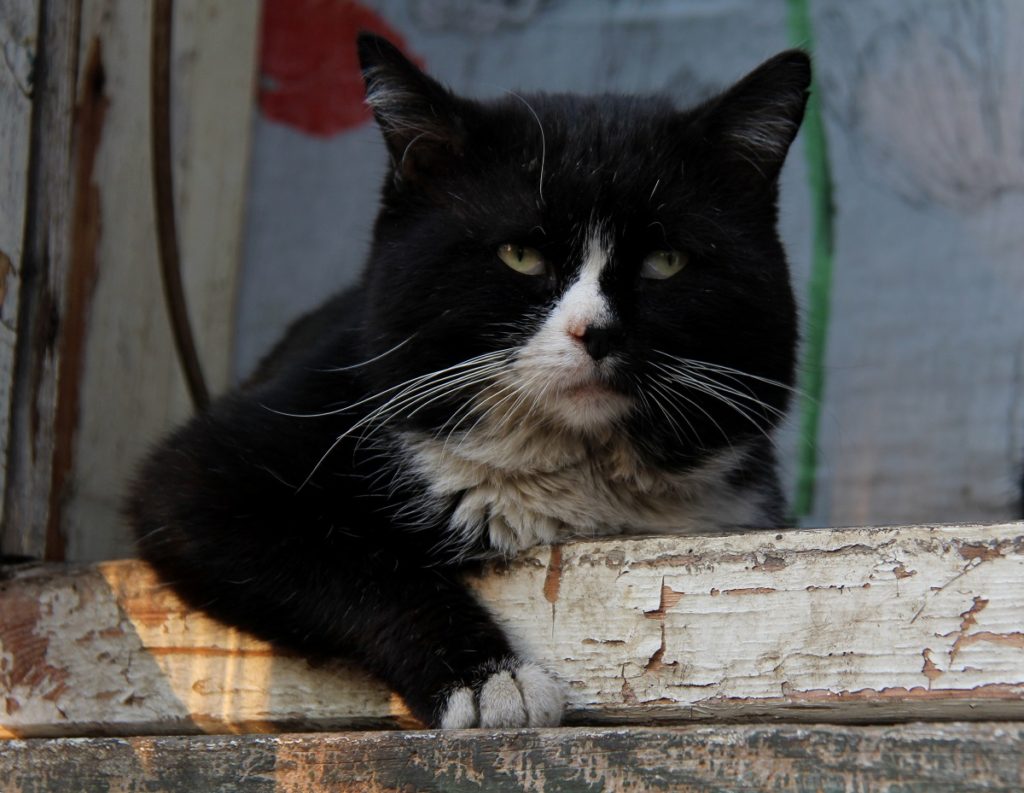
Do Tomcats make good pets?
A Tomcat can be a good pet. Just like any other cat, a tomcat will appreciate a good loving home to provide him with food, warmth, comfort and snuggles. However, the need to mate will far outweigh the need for cuddles. Feeling the need, or sensing a nearby female in heat, and Mr Tomcat will be off. Of course, he will probably come back, knowing there is a loving home to return to, But they can wander for days, even weeks. Most cat owner will appreciate this worry and stress when kitty doesn’t return home for days on end.
It is best to neuter male cats, unless a male cat is required for breeding. Their tendency to roam, to fight and leading to injury can prove both costly in time and money on vet visits as well as the emotional stress and worry.
Are male cats more affectionate than female cats?
The short answer is no – male cats aren’t more affectionate than female cats. Although some cat owners will swear that their male cats are more affectionate than female cats, and vice versa, there is no scientific evidence to back either claim. It all stems down to the individual cat’s personality, life experiences and breed of cat.
Hormones will also play a part in a cat’s display of affection. An unneutered male cat can be aggressive at times to other male cats, to other pets and to their owners and then be a complete softie demanding lots of cuddles and stroking. A female cat coming into heat may rub against their owners all the time, then be aloof and independent at other times.
A cat’s upbringing plays a huge part in how affectionate they are towards you, regardless of whether they are male or female. Handling a young kitten often will make them more confident and happier to be stroked and given affection. Their individual personality will be factored alongside this too as to their need for affection. Some cats simply prefer to be alone most of the time, just like their wild ancestors.
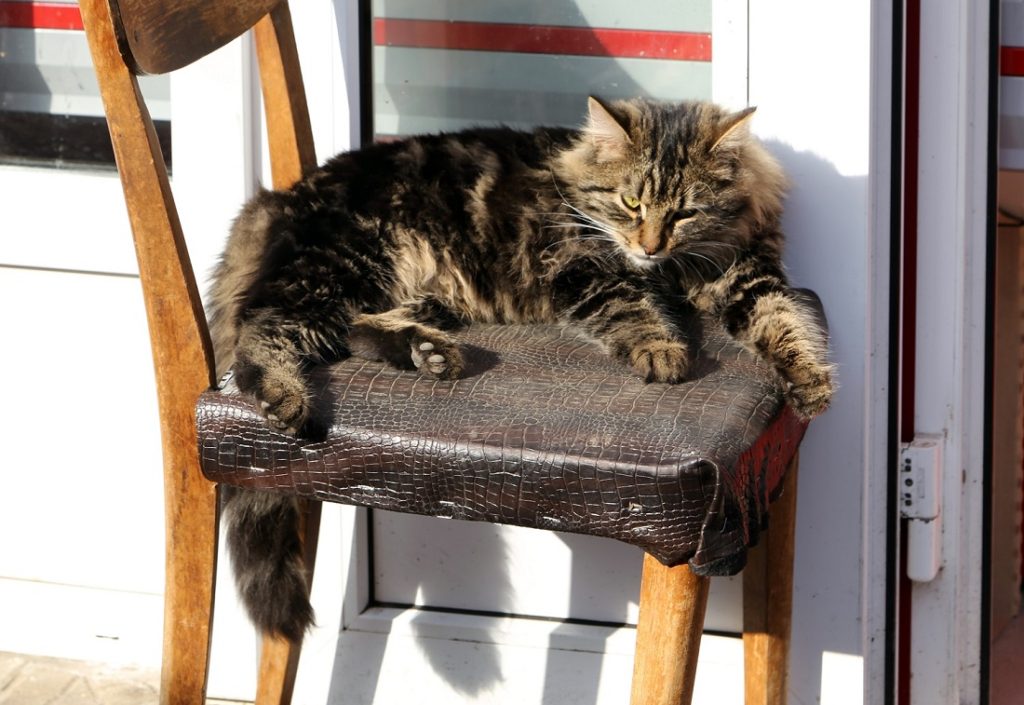
Are Tomcats attracted to spayed females?
Yes, tomcats can still be attracted to spayed females. The urges in a tomcat to mate mean that they are not very fussy – any female will do so to speak! Tomcats can be quite aggressive and given that the spayed female will not be interested in any of this action, she is likely to be resistant to the Tom’s amorous behaviour. This can lead to physical fighting and injury.
Do Tomcats go missing for days?
Yes, Tomcats can go missing for days. As explained above, the need for an un-neutered male cat to seek a mate will far outweigh loyalties to stay close to home. Male cats can go missing for days, even weeks at a time. If they catch the scent of a female in heat, they can travel miles to seek her. Tomcats can be very persistent and very patient whilst tracking the female and will then hang around if immediate access to the female is not possible. Time away from their home base is not a considered factor for them.
Do Tomcats ever take care of their kittens?
Tomcats do not usually take care of their kittens. In fact, many believe that male cats kill kittens. Although this can, and has, happened, it is certainly not a given that all male cats kill kittens. In the wild, a male cat would sometimes kill a rival cat’s offspring as a means of strengthening his own gene pool and weakening his rival’s genetic growth. This instinct can occur in a domestic environment too. A domestic male cat is certainly capable of killing kittens, especially kittens which he has not fathered.
Female cats are the primary carers of kittens in most situations. Male cats are certainly not known for their nurturing fathering skills. But saying that, it has been known where a male cat will occasionally assist a little in caring for the young by playing with them or help to clean them up. Even if you believe that your tomcat is a caring father, please do not allow the male cat to have unsupervised access to the kittens, and particularly so for the first 6 weeks. After this time, when the kittens are older, access should still always be supervised whilst observing his reaction to the mother cat and her offspring.
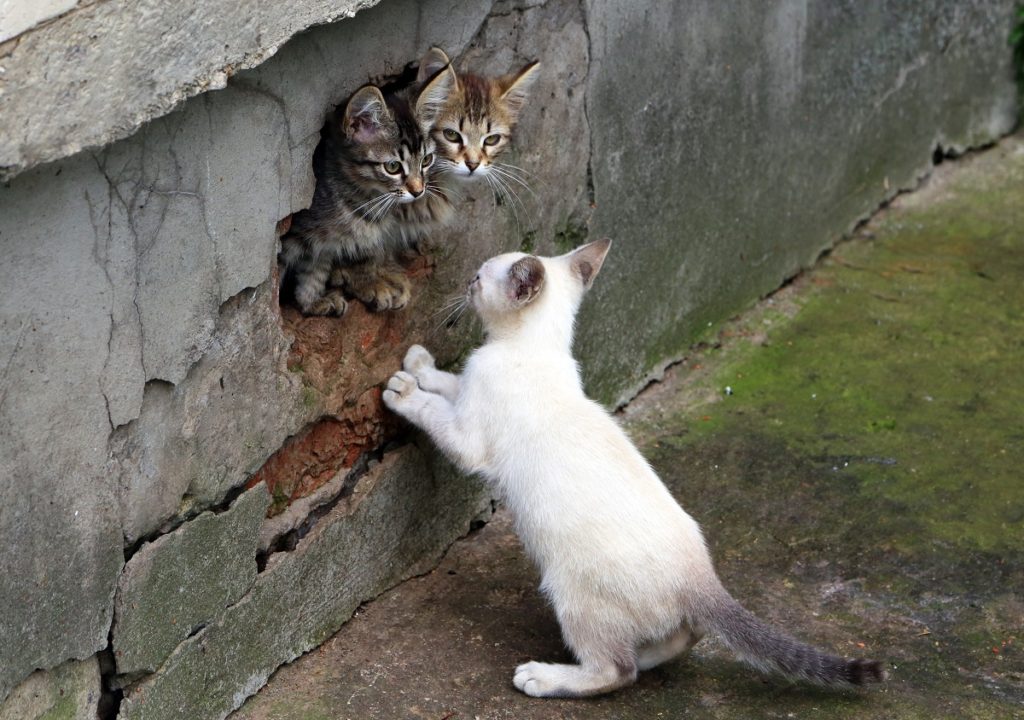
Why do Tomcats smell?
This smell is a means of communication. An unneutered male cat will have a certain distinct odour. It is quite a strong, powerful smell, similar to ammonia. This odour is a signal to all female cats that he is here, fertile, and ready and willing to meet up and mate! This odour is released form the tomcat’s skin, in any spraying that he does, and from his urine.
Having a male cat neutered will remove this strong smell from the various discharges. Please note that even after neutering some cats will continue to spray – this is also a way of them marking their territory.
Do male cats scratch more than females?
Male cats do not scratch more than female cats. Most behavioural differences in cats are highlighted in cats that are not neutered or spayed. It is the cat’s urges to mate that are predominately the drive behind many actions. A tomcat will be desperate to leave the house, spray urine and will do anything to escape – this will include scratching. A female in heat has a tendency to rub herself against everything to leave a scent. Both male and female will also be very vocal.
But it is not believed that male cats will scratch any more than females. Cats use several tactile habits, including kneading and scratching to communicate their emotions. This releases and transfers their scent markings. Kneading and scratching will leave the cats own scent – pheromones – from the glands they have on the underside of their paws, on the object they are kneading or scratching. Check our our article on ‘Cat Communication‘ for a full guide to the many different ways that cats communicate with each other – and with you.
Do Tomcats kill other cats?
It is very rare that Tomcats will kill other cats. Both wild and domestic cats will fight and can be quite aggressive at times. But it is very rare that they will fight until death. Most conflict will begin with vocal warnings, building up to physical contact, at which point many animals, including cats, will walk away especially if they feel they are the weaker party. The key is whether the one who wants to leave the fight can actually get away. If they can escape, they will not get killed. Most fit and healthy cats will manage to escape if they want to. But an old, injured, sick cat, a kitten, or a disabled cat may not be able to escape, and in such cases the ending may be tragic.
There may be circumstances too where wounds, as a result of fighting, can lead to death if infections occur. If your cat has been attached or involved in a physical fight, and you have any concerns, please contact your veterinary for advice.
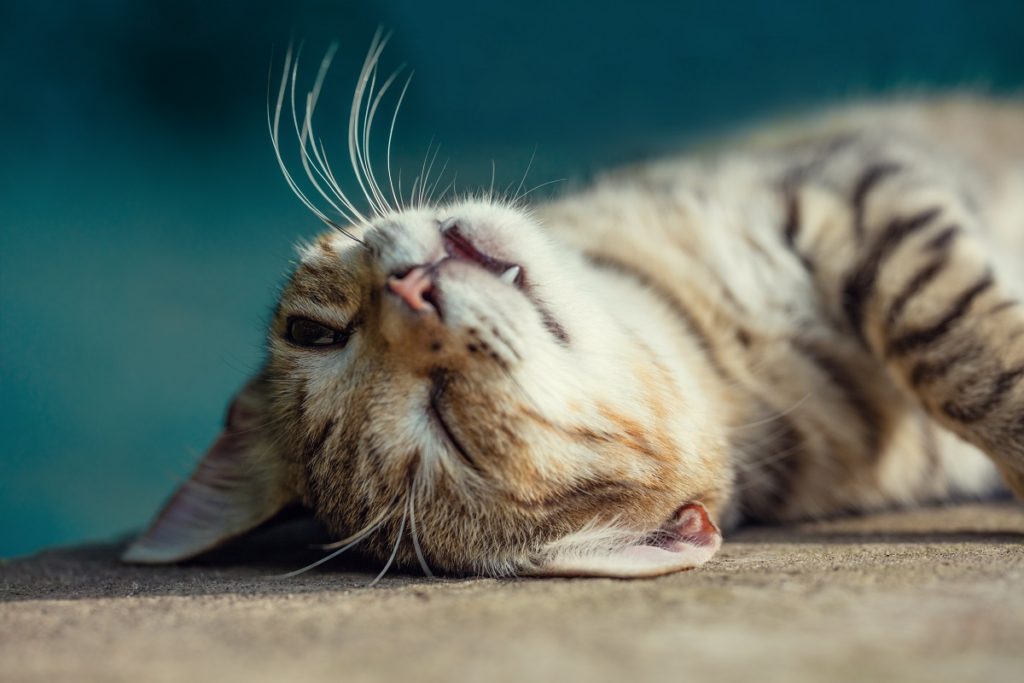
Do male cats prefer female owners?
Some research suggests that cats prefer female owners. (https://www.dvm360.com/view/cats-prefer-women-more-men). This study detailed in the journal Behavioural Processes in 2011 analysed the relationship between cats and their owners in 41 of cases. Observing both the personalities of the cats, and their owners, showed that they both influenced each other’s behaviour. The cats in the study approached the female owners more often then those with male owners.
However, this was indeed a very small study. Seeing the huge variety of such close bonds that cats have with both male and female owners, it seems there are so many factors that will influence the bond that a cat will have will its owners.
_____________________________________________________________________________________________________________________________________
Other articles that may be of interest:
Black cats – Facts, Myths, Superstitions and Tales
How to keep neighboring cats away from your cat – 14 top tips
